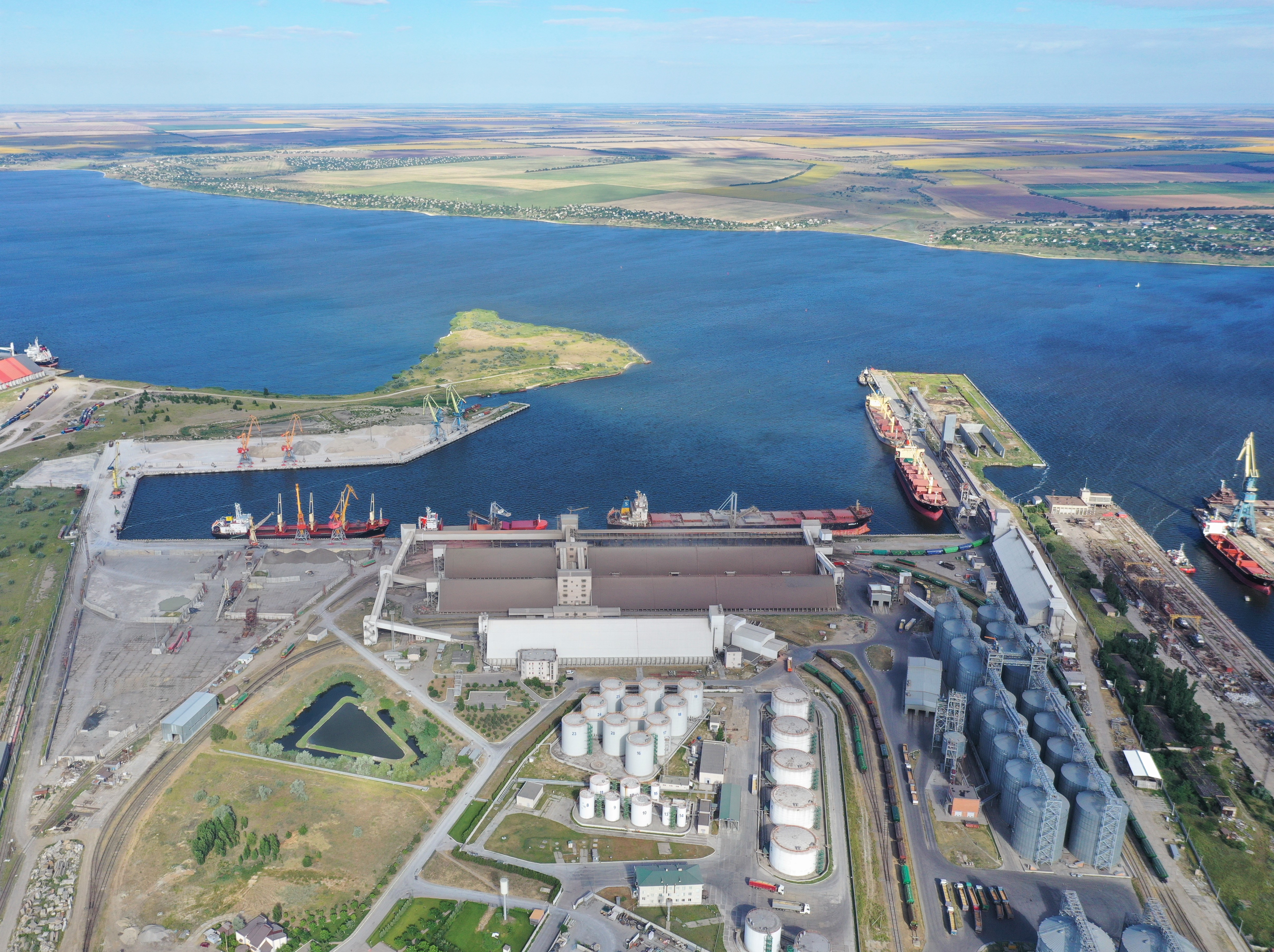
|
Group DF - international group of the companies, major investments are concentrated in the nitrogen, titanium and gas businesses. |
|
02 February 2021 In 2020, more than UAH 60 million was invested in “Nika-Tera” Mykolayiv sea portIn 2020, financing of capital investment programs of the Nika-Tera sea port has been increased by 29% compared to 2019. More than UAH 60 million was invested in the modernization of the sea port in 2020.
 The investments were aimed at increasing the sea port’s capacity and the speed of customer service. The 2020 major investment projects included:
– Modernization of Cargo Area No.2, specializing in the handling of solid bulk cargo. As part of the project, a modern berthing and weighing facility was built and put into operation, consisting of two technological lines. The maximum capacity of each line is up to 1800 m3 per hour.
– A project to increase the railway fleet and expand the throughput capacity of Nika-Tera sea port. By increasing its own railway fleet, the sea port significantly expanded the possibilities for customers who use railway transport to deliver goods to the sea port. The number of own diesel locomotives was increased to 10. All locomotives on the sea port’s balance sheet are equipped with modern control systems that ensure safe working conditions for the engine drivers.
Since 2011 Nika-Tera is a part of Dmytro Firtash’s Group DF sea port business. A total of more than UAH 1.5 billion has been invested in the sea port development.
In 2020, the sea port handled 409 vessels and transshipped 7,300,000 t of cargo. In 2020, within the cargo mix grains, legumes and oilseeds amounted to 5,550,000 t or 75 % of the total volume, bulk cargo – 1,270,000 t (18%), liquid bulk cargo – 323,000 t (4%), mineral fertilizers – 215,000 (3%). |